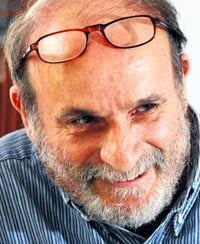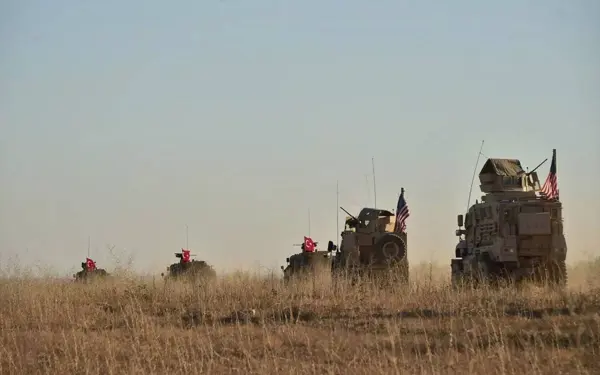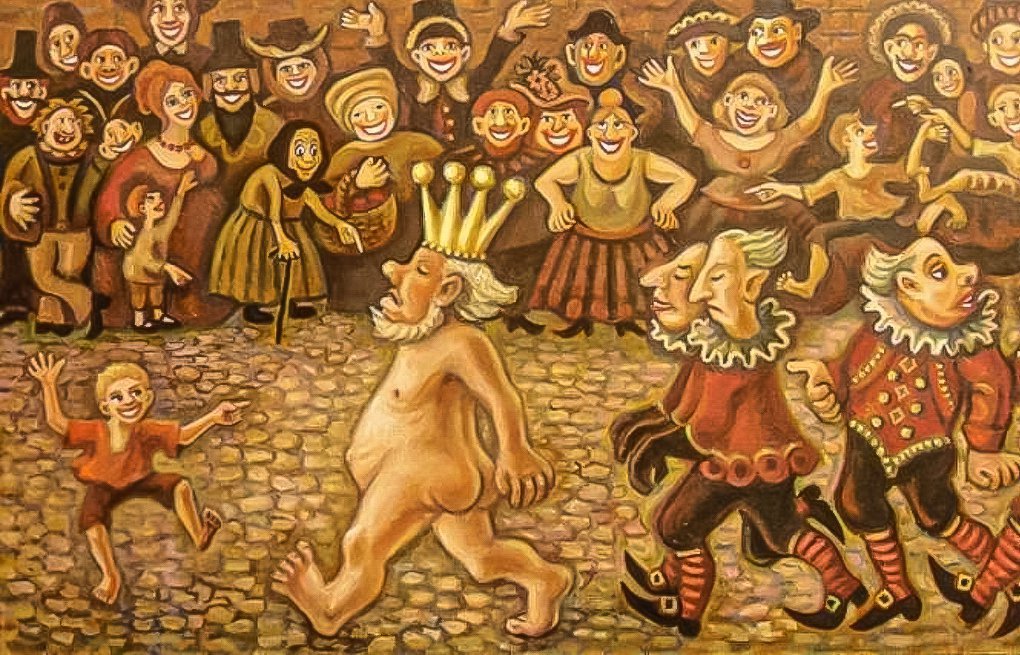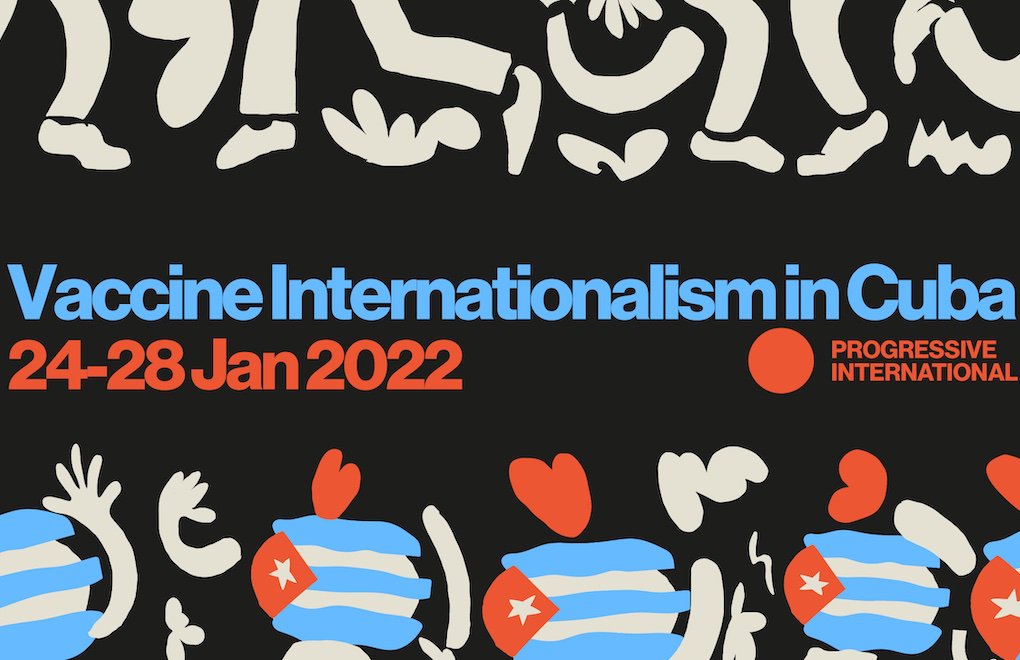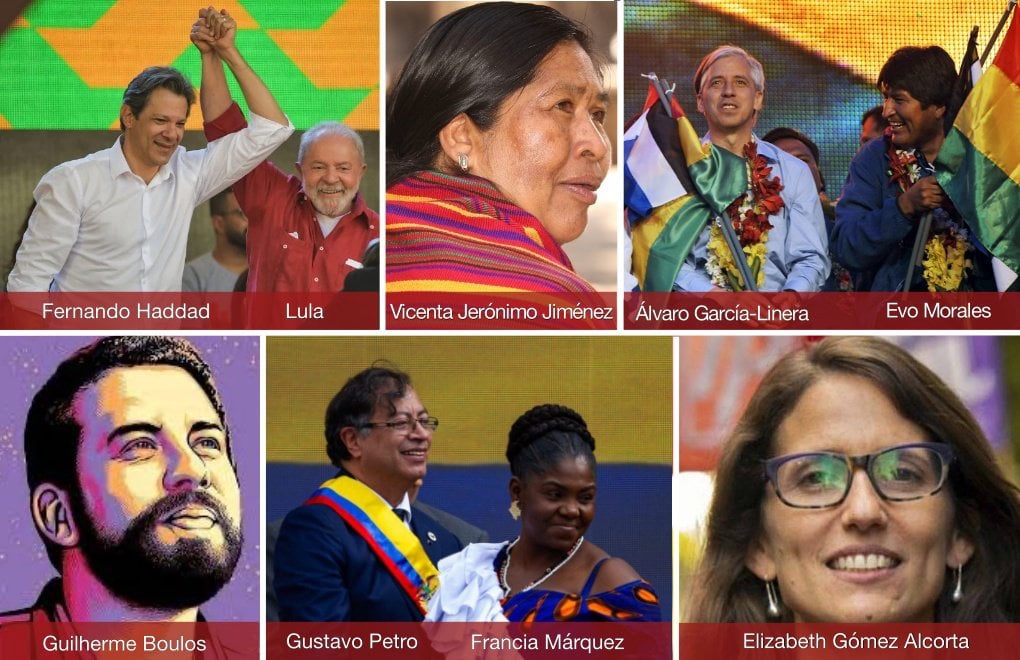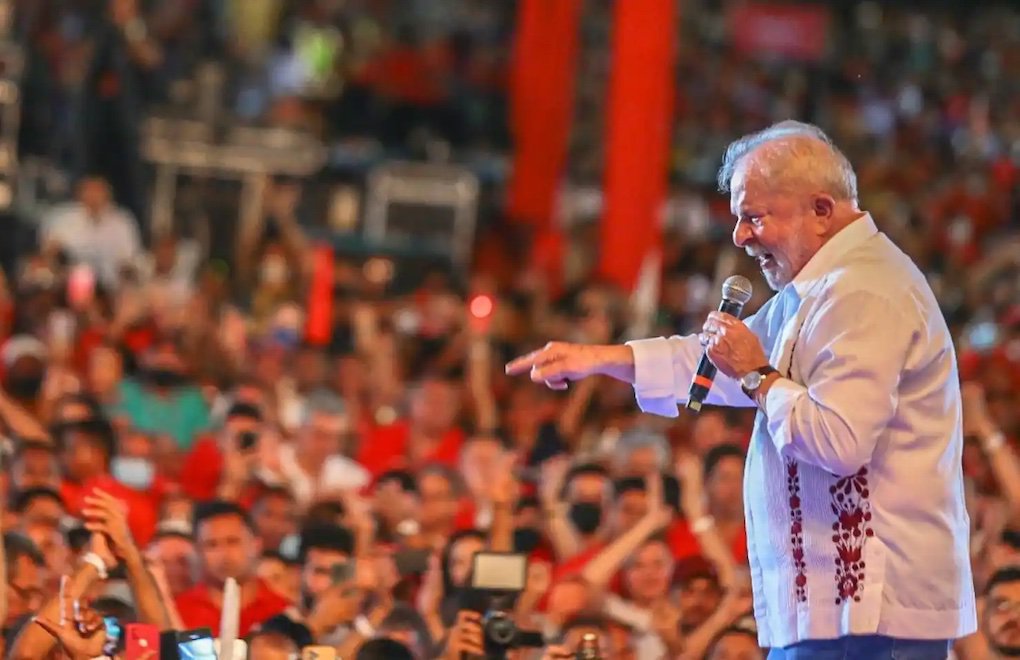Speaking in Rakka, Syria, where a symposium entitled “Resistance” is being held, Samir al Kuntar evaluated the cliché on every Arab taxi driver’s lips:
“The idea of recreating the Ottoman Empire is unrealistic. There is no such possibility, and we do not wish it anyway.”
It is clear that Turkish Prime Minister Recep Tayyip Erdoğan has become very popular since his argument with Israeli President Shimon Perez in Davos. But both mainstream and dissident Arabpoliticians are cautious about Turkey.
Nevertheless, in Rakka, 200 kilometres south of Şanlıurfa, Turkey, the two most famous people are Turkish. One of them is the Prime Minister, the other actor Kıvanç Tatlıtuğ, who can be seen on billboards throughout the city. It is clear that Tatlıtuğ is the Syrian women’s favourite, while the men go for Erdoğan…
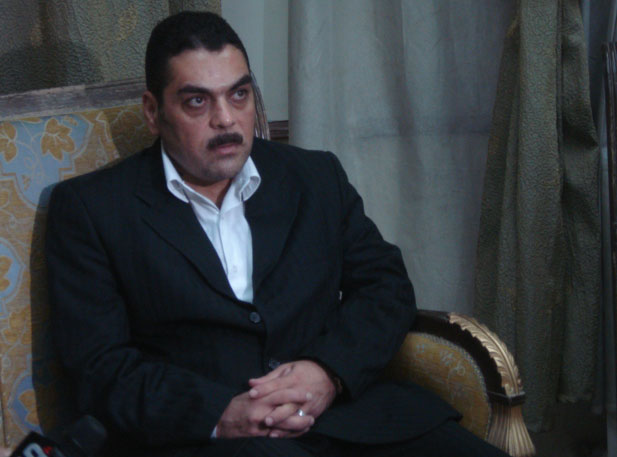 However, both are not role models for Samir al Kuntar, a symbol of Palestinian resistance, who spent 29 years in Israeli prisons.
However, both are not role models for Samir al Kuntar, a symbol of Palestinian resistance, who spent 29 years in Israeli prisons.
"Turkey has restored balance"
He does concede that Turkey’s solidarity with Gaza has been very important, as was the stance of Erdoğan in Davos. “Ankara was able to repair the balance between Turkey and the Arab countries which had been disturbed by Zionism.”
However, he expects more, that Turkey become an element of resistance in the area, and that it show solidarity with Iran. “We want to hope that Turkey will develop effective policies against the interference of foreign powers.”
Convicted of three murders in Israel
Samir al Kuntar was 17 in 1979, when, as a member of the Palestine Liberation Front, he was imprisoned after attacks he carried out in Israel.
He participated in the attempted kidnapping of an Israeli family in Nahariya that resulted in the deaths of four Israelis and two of his fellow kidnappers. Kuntar was convicted in an Israeli court for murder of an Israeli policeman, Eliyahu Shahar, 31 year-old Danny Haran, and Haran's 4-year-old daughter, Einat Haran. He was also convicted of indirectly causing the death of two-year-old Yael Haran by suffocation, as her mother, Smadar, tried to quiet her crying while hiding from Kuntar. In 1980 Kuntar was sentenced to four life sentences.
Immediately after his arrest, Kuntar admitted to the killings, but at his sentence and thereafter he denied killing the father and daughter, saying that they had been killed by security forces in the ensuing gun battle. He did admit to taking them hostage and killing Eliyahu Shahar, however. He spent nearly three decades in prison before being released on July 16, 2008 as part of an Israel-Hezbollah prisoner swap.
High-profile prisoner loathed in Israel...
In Israel, Kuntar is considered the perpetrator of one of the most brutal terrorist attacks in the country's history, while in Lebanon, where Israel's version of the events is disputed by many and it is denied that he killed the father and his daughter, he is widely regarded as a "national hero."
Between 1979 and 2008, Kuntar’s name was on the top of any list for liberation acts. When the Palestinian Liberation Front hijacked the cruise ship Achille Lauro in October 1985 and demanded that 50 Palestinian prisoners be released in turn for the lives of the passengers, he was one of them. The hijacking ended in the killing of one passenger and the capture of the militants.
...celebrated in the Lebanon and Syria
He was finally released in July 2008 and met at the Beirut airport by President Mişel Süleyman, Prime Minister Fuat Sinyora, Parliamentary Speaker Nebih Berri and Christian and Muslim religious leaders. He was also congratulated by Hezbollah in a separate ceremony. The leader of the Progressive Socialist Party, Velid Cunbulad, arranged another welcoming ceremony for him in his natal village.
In November 2008, Syrian president Bashar Assad presented Kuntar with Syria's highest medal.
All of this was interpreted by resistance circles as a clear move towards the top of the Lebanese Hezbollah.
Prison days
Kuntar says that he was always informed of outside events in prison. “Following the struggle and long resistance of our comrades, to the point of death, we were allowed to read newspapers, listen to the radio and watch TV. We did not allow ourselves to languish.”
In fact, Kuntar received a degree from Israel’s Open University Social and Political Sciences in prison.
Although he does not hide his sympathy for Hamas, he believes that the Palestinian resistance should no longer be split, as this weakens resistance and offers Israel opportunities. Palestinia, he believes, has the same choices as other Arab countries: peace with the USA or resistance.
Kuntar blames US imperialism
Evaluating his past experiences with the Palestinian Liberation Organisation, the rising star in the Lebanese Hezbollah says, “We have to remember that all peace talks up to today have been unsuccessful. For unity, we need a strong national programme against Zionism. Without a programme, all efforts are useless. We have a tradition of resistance. We need to revive this culture and tradition and follow a policy of liberation which rebels against the USA.”
Kuntar also hopes that the Lebanese elections will bring forth a new front against imperialism. He believes that the main debate in the Lebanon or Palestine is not about laicism or Islamism. Rather, he believes, it is about resistance or giving in. (EK/AG)
*This article made use of Wikipedia, “Samir Kuntar”.




